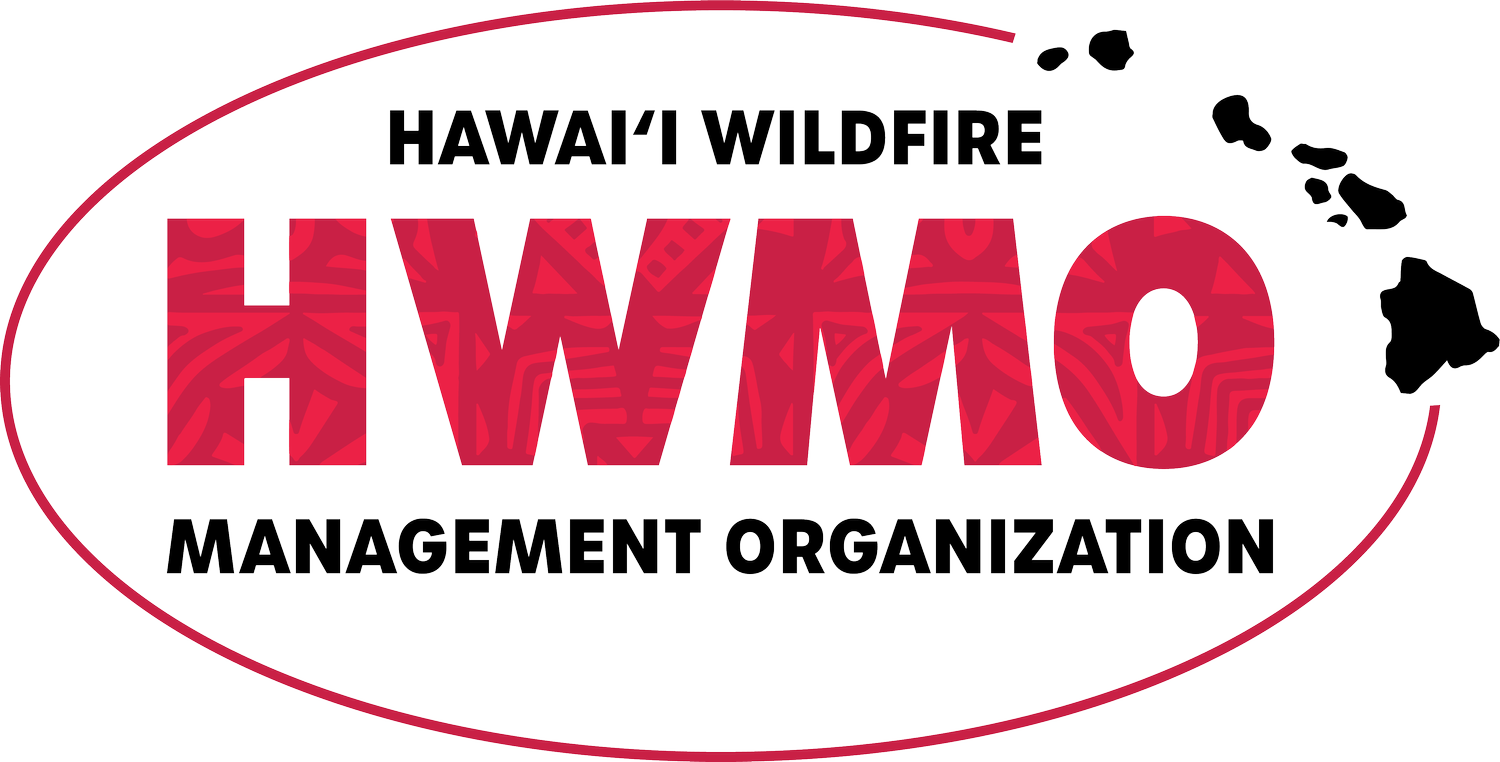“Wildfires can have detrimental impacts on entire ecosystems.” Credit: Reuters / Rafael Marchante
According to a recent study from Dr. Clay Trauernicht of UH CTAHR Cooperative Extension, parts of Hawaiʻi Island are at risk of an increase in up to 375% in annual fire risk due to climate change. Global warming is contributing to worsening wildfire conditions across the globe.
From the Source:
With little fanfare and scant news coverage, fire season 2019 has arrived. Firefighters are already containing blazes in several states, including Colorado, Florida and Oklahoma, and seasonal outlooks suggest that significant wildfires are likely in parts of Alaska, Hawaii and the West Coast.
While forest management and human development have increased wildfire incidence and risk, climate change has exacerbated the trend of large fires and contributed to the lengthening of the fire season, in some cases making wildfires a year-round phenomenon. In the Western U.S., climate change is a major driver behind the near doubling in burned area that we've experienced over the past 35 years, and has contributed to an increase in the frequency and severity of fires, while lengthening the fire season in some regions.

